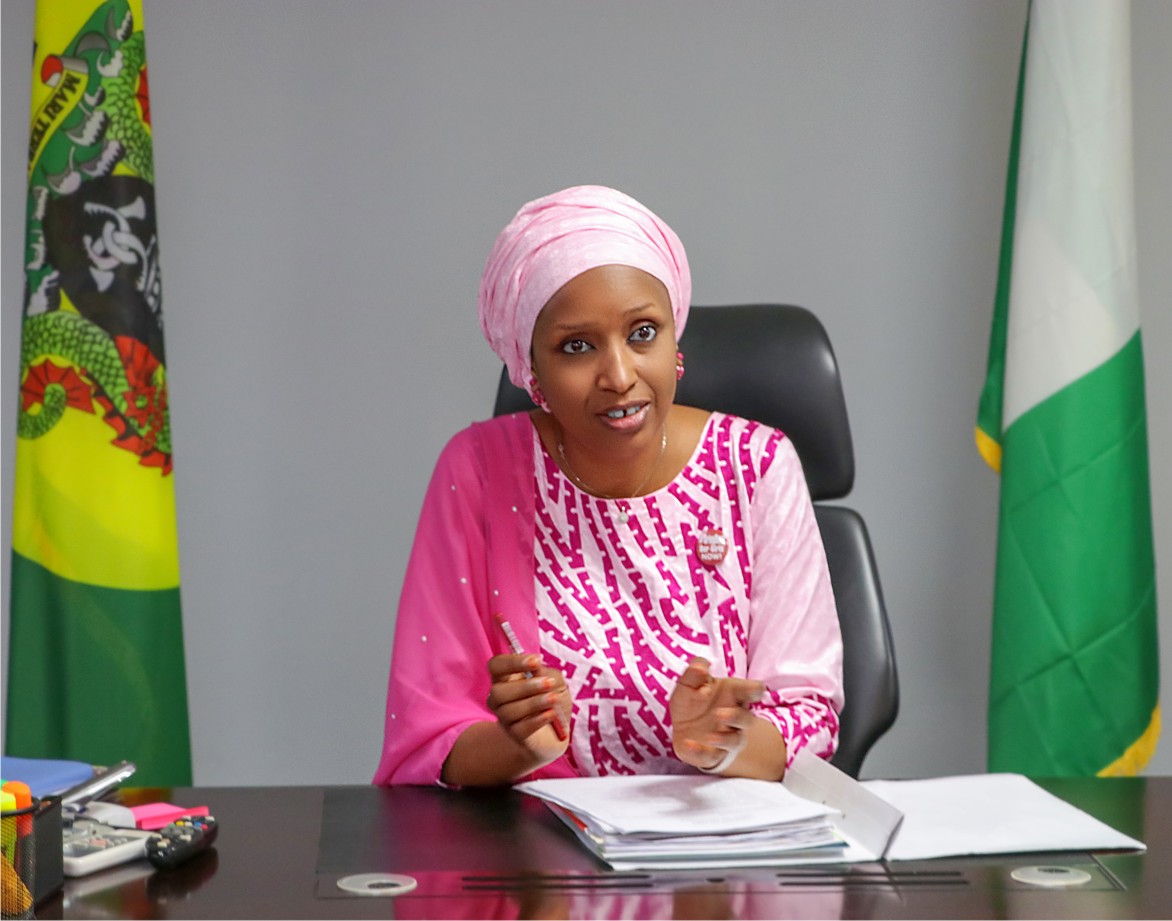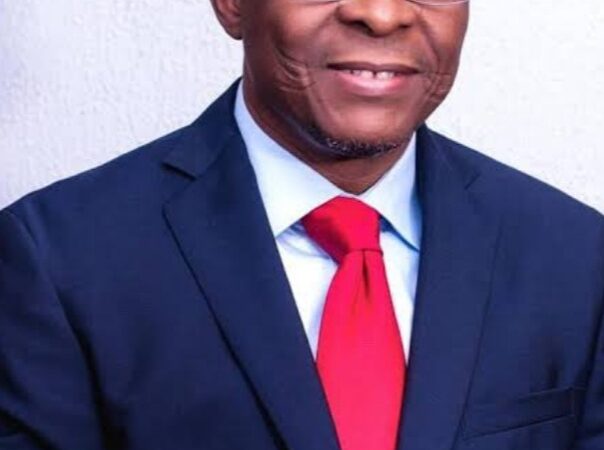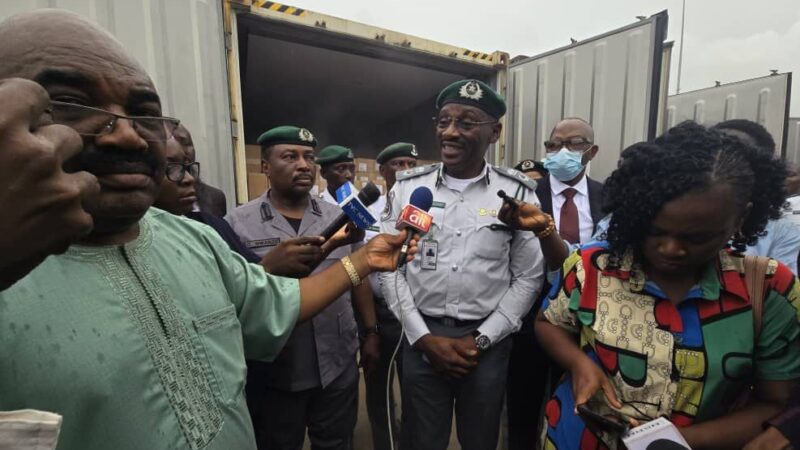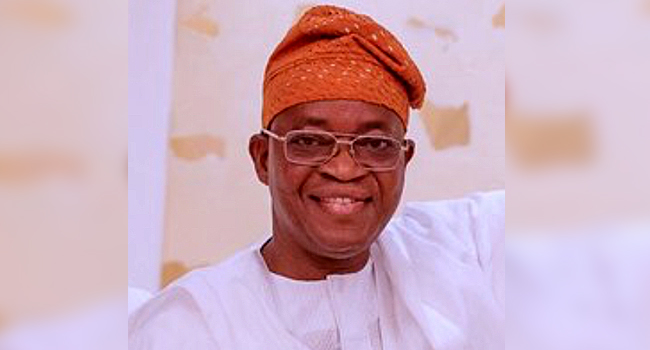AfCFTA: Port Reforms Underway, Says NPA Boss


Ahead of the implementation of the African Continental Free Trade Area (AfCFTA) Agreement in July, the ports are undergoing infrastructure reforms.
This is to allow free movement of business travellers and investments, while creating a continental Customs Union to streamline trade and attract long-term investments.
The Managing Director, Nigerian Ports Authority (NPA), Ms Hadiza Bala-Usman, who made this known, said the AfCFTA will boost trade in the country and the reforms will ensure seamless connectivity.
Speaking at the 2019 International Ports and Terminal (NIMPORT) Conference and Expo, the NPA boss said when trade barriers are removed, more opportunities are created hence, the need to ensure that the country is not caught up with the many challenges it faces at the ports.
“Investment in infrastructure will give opportunity to link critical hinterlands with rails, waterways, rehabilitation of roads leading to the ports and deliberate policies put in place to improve the transport sector.
“All the investments in infrastructure with the signing of the AfCFTA are aimed at integrating the economy of the country and removing barriers,” Bala-Usman said, adding that there should be a deliberate policy targeted at improving the transport sector.
She explained that issues, such as dredging of seaports, corruption, and manual processes in the sector, when handled, would ensure the country partakes effectively in the regional trade.
Indeed, experts said Nigeria needs to tackle the myriad challenges, which arise from the state of the ports, especially the access roads to the ports that can hinder the smooth take-off of the agreement.
Also, Deputy Director, Nigeria Railway Corporation (NRC), Mr. Ola Adeeyinwo, said the movement of cargo to the hinterlands has challenges due to the state of the rail tracks.
According to him, it is only the Apapa port that is connected by rail and this affects the evacuation of cargo. Besides, after the port concession, most of the rail lines were removed.
On his part, the Chairman, NIMPORT, a port and terminal promotion body, Mr. Fortune Idu, advised that the next level for regional trade development for African countries is for them to come together and form a trading bloc.
He said the signing of AfCFTA by President Muhammadu Buhari was the long-awaited antidote to prepare Africa to compete in the global trade as a unified body.
According to him, trading between countries has not been seamless and the continent has not been fully integrated in form of trade and connectivity.
“The next level for regional trade development should come with accelerated port and logistics infrastructure development, trade integration and seamless facilitation and hinterland rail connectivity.
“This next level will present the region as a global trade contender to Europe, China and America and the rest of the world,” Idu suggested.
He, however, noted that the maritime sea corridors will continue to prove the greatest capacity for volume of trade and movement. He expressed optimism that the rail connectivity to hinterland will help guarantee that this volume is evenly distributed seamlessly.
Idu urged African countries to work hard in creating the links by developing coastal water navigational and shipping capacities and regional pipelines where port cities like Lagos, Port Harcourt, Cotonou, Douala, others, will be connected directly.
The Secretary-General, African Ship-owners Association (ASA), Mrs. Funmi Folorunsho, advised the government to invest in ships to trade in line with the AfCFTA.
According to her, since the signing of the agreement, nobody has said anything about the stand of the maritime industry and what the practitioners tend to benefit from it.
Folorunso said there should be policy development and investment in shipowners.
AfCFTA is expected to boost intra-African trade by 52.3 per cent by 2022. It is an opportunity for countries and companies to help each other grow, as they have done in other regions and it is so important to have supportive policies and putting infrastructure on ground.
As at last July, 54 states, including Nigeria, had signed the free trade agreement to establish a single continental market for goods and services. The agreement also seeks to increase intra-African trade by cutting tariffs and harmonizing trading rules at the continental level.







